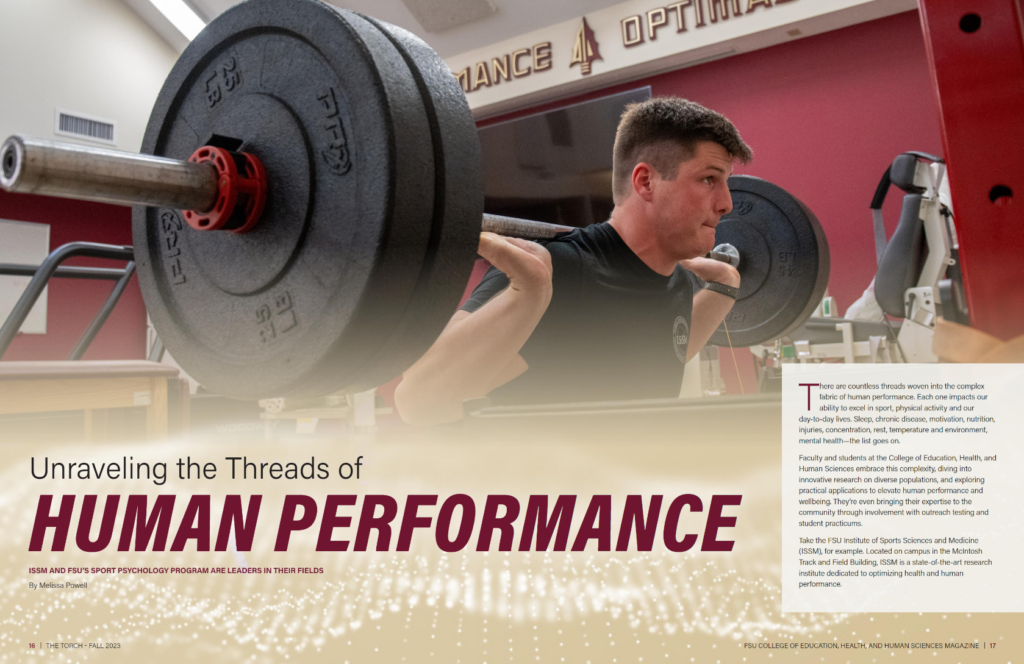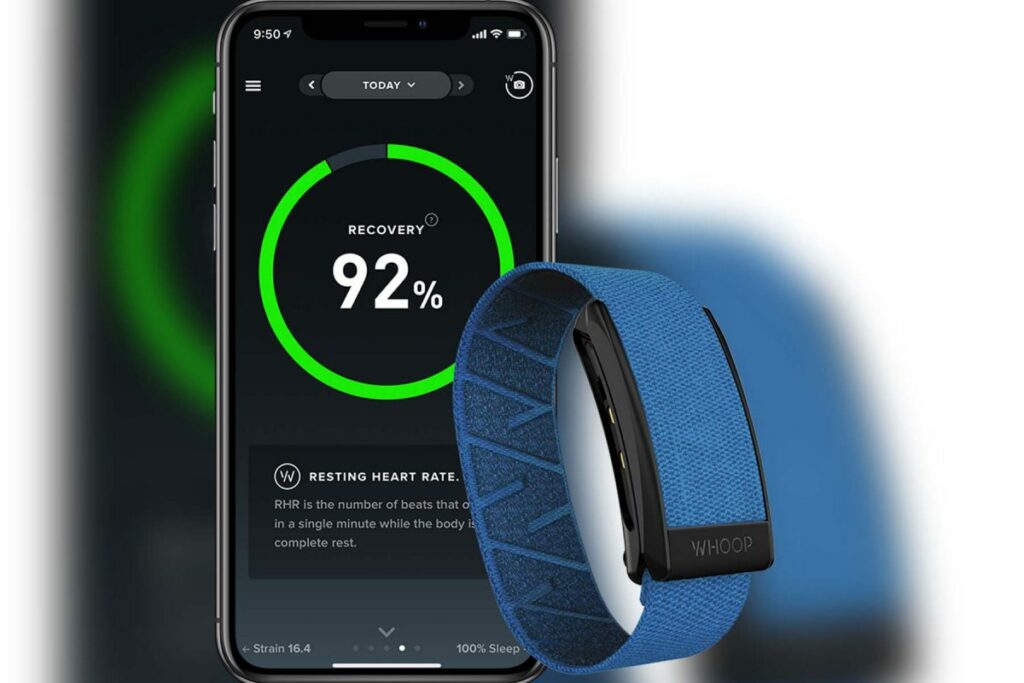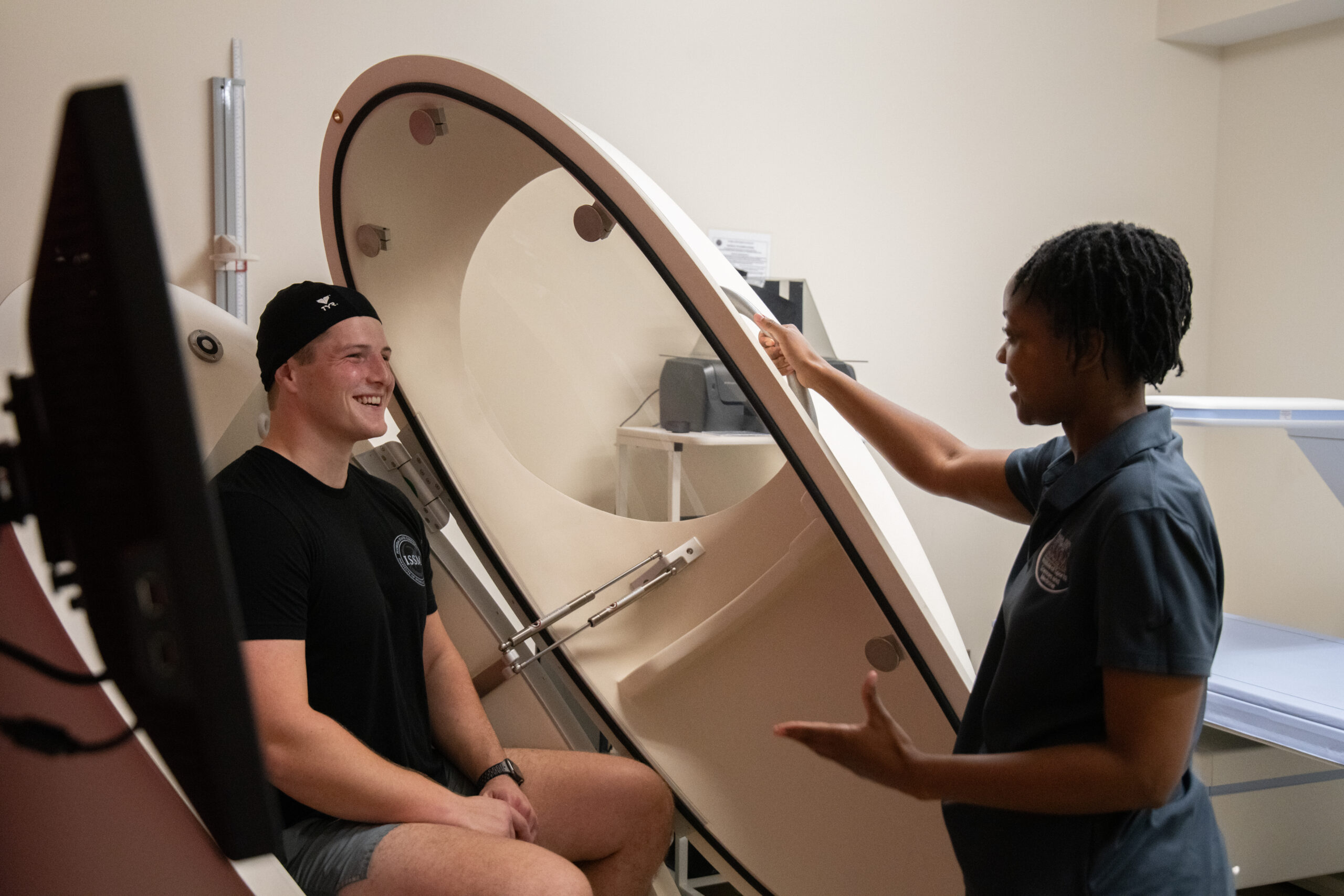
The Institute of Sports Sciences and Medicine
About ISSM
The Institute of Sports Sciences and Medicine (ISSM) is a state-of-the-art research facility with a primary focus on advancing knowledge in the realms of health, body composition, and human performance. The ISSM is the result of a collaborative partnership between the College of Education, Health and Human Sciences, FSU Athletics, College of Medicine, Nike, and our esteemed founding partner, Tallahassee Orthopedic Clinic. Established in 2010, the ISSM has conducted a wide array of studies, spanning from elite athletes to clinical populations. Currently, our research endeavors are structured around four distinct domains: 1) Performance Nutrition, 2) Sport Science, 3) Clinical Research, and 4) Sport Psychology.
Furthermore, the ISSM extends its services to the Tallahassee community, offering outreach testing programs that grant access to our state-of-the-art equipment and provide opportunities to consult with nutritionists and exercise physiologists. In addition, the ISSM is deeply committed to nurturing the development of FSU students, postdoctoral fellows, and visiting scholars through laboratory experiences and internship opportunities. Our overarching vision is to establish ourselves as the foremost authority in human performance, nutrition, sport sciences, and sports medicine.
ISSM Administration
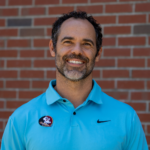
Michael Ormsbee, Ph.D.
Professor & Director, ISSM
Area: Nutrition Performance
mormsbee@fsu.edu
850.644.2194

Elisa Angeles
Associate Director of Athletic Research, ISSM; Director of Olympic Strength and Conditioning, FSU Athletics
Area: Athletic Performance

Kyle A. Smith, Ph.D., R.D.
Dietetic Internship Preceptor; Assistant Professor
FSU Department of Health, Nutrition, and Food Sciences
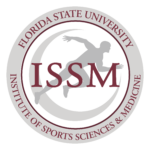
TBD
Associate Director of Clinical Medicine, ISSM

TBD
Associate Director of Sport Psychology, ISSM

TBD
Associate Director of Sport Psychology, ISSM
Research Staff
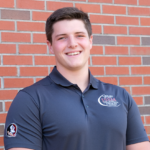
Cameron M. McCarthy, M.S., CISSN
Clinical Research Coordinator
cmmccarthy@fsu.edu
770.533.0364
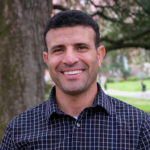
Mostafa Ali
Postdoctoral Scholar

Are you looking to improve athletic performance or just want see where your health stands?
The Institute of Sports Sciences and Medicine at Florida State University now provides a comprehensive list of services to help individuals reach their optimal health. We use the highest quality research-grade testing equipment including the Alter G Anti-Gravity treadmill – ideal for those with physical disabilities or injuries to help maintain cardiovascular endurance without bearing full body weight on their joints. Additional services include state-of-the-art body composition measurements, aerobic fitness, lactate threshold, fuel utilization assessments and more.
Want more information?
FSU Affiliates

Payal Ghosh, Ph.D.
Teaching Faculty; Director, Sports Science Graduate Program
FSU Department of Health, Nutrition, and Food Sciences
Area: Sports Science
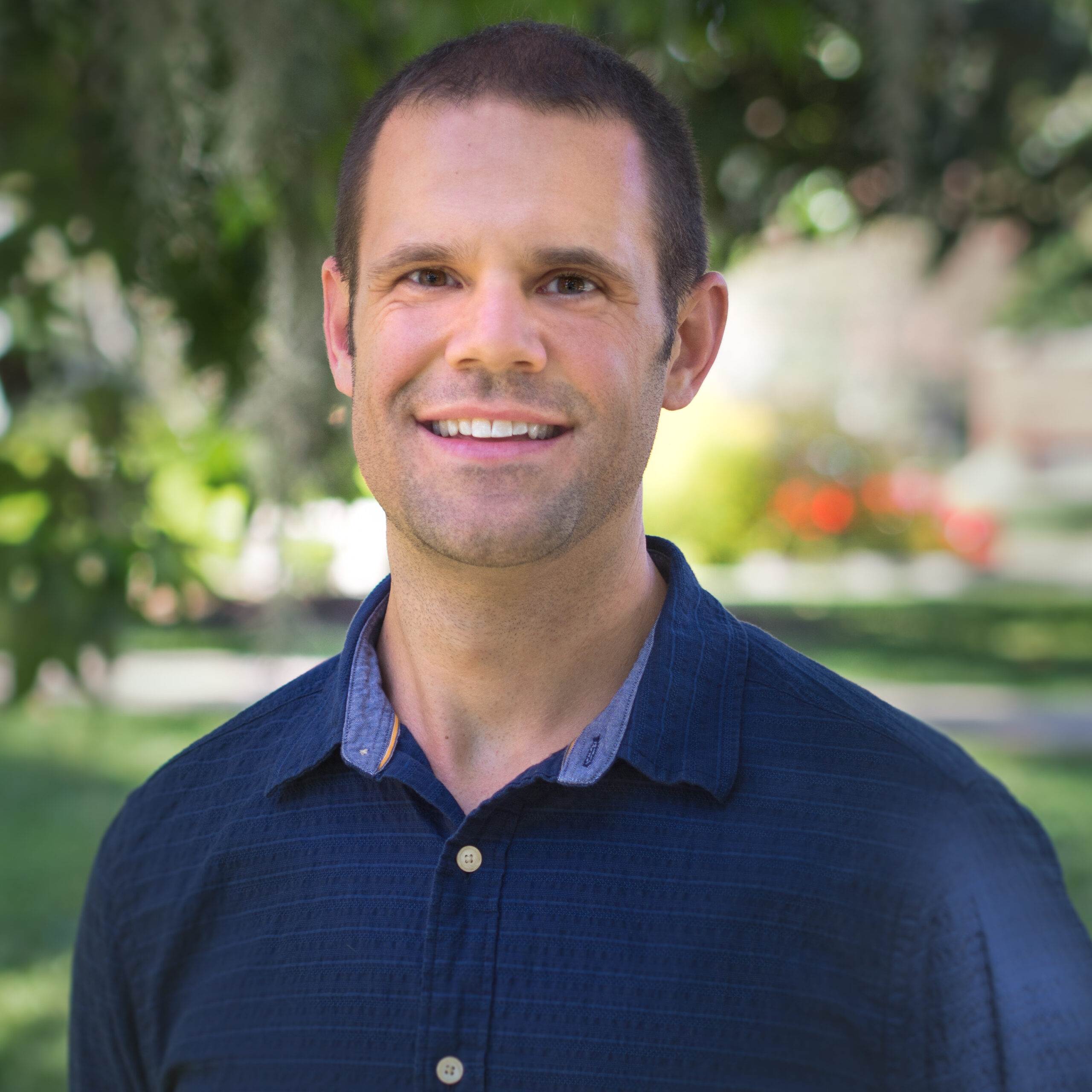
Bradley Gordon, Ph.D.
Assistant Professor
FSU Department of Health, Nutrition, and Food Sciences
Area: Muscle physiology

Robert Hickner, Ph.D.
Linda Grizzard Owens Professor
FSU Department of Health, Nutrition, and Food Sciences
Area: Metabolism and blood flow in skeletal muscle and adipose tissue

Amy Kim, Ph.D.
Associate Professor
FSU Department of Sport Management
Area: Sport management

Jeong-Su Kim, Ph.D.
Professor
FSU Department of Health, Nutrition, and Food Sciences
Area: Muscle physiology

Meredith McQuerry, Ph.D.
Associate Professor
FSU College of Entrepreneurship
Area: Physiological comfort and ergonomic mobility of protective clothing for first responders, athletes, and industrial workers
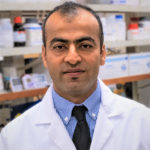
Ravinder Nagpal, Ph.D.
Assistant Professor
FSU Department of Health, Nutrition, and Food Sciences

Joshua Newman, Ph.D.
Associate Dean for Research at FSU CEHHS & Professor
FSU Department of Sport Management
Area: Sport management, media, and cultural studies

Lynn Panton, Ph.D.
Professor
FSU Department of Health, Nutrition, and Food Sciences
Area: Applied exercise physiology

Scott M. Pickett, Ph.D., CBSM
Associate Professor
FSU College of Medicine
Area: Behavioral sleep medicine

Jennifer Steiner, Ph.D.
Assistant Professor
FSU Department of Health, Nutrition, and Food Sciences
Area: Nutrition and exercise in disease
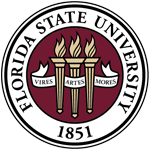
Michael Sweeney, M.D., FACS
Associate Professor, Clinical Sciences Board Certified Surgeon
FSU College of Medicine
Area: Clinical medicine; Medical oversight

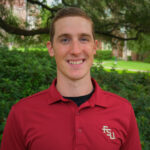
Joseph Watso, Ph.D.
Assistant Professor
FSU Department of Health, Nutrition, and Food Sciences
Area: Cardiovascular health and physiology

Jason Williams, Ed.D., CSCS
Teaching Faculty
FSU Department of Health, Nutrition, and Food Sciences
Area: Strength and conditioning

Hanhan Xue, Ph.D.
Associate Professor
FSU Department of Sport Management
Area: Sport management
External Affiliates

Chris Bach
Director of Performance Science
Jacksonville Jaguars

Cheri Mah, M.D., MS
Sleep Physician, Sleep and Performance Advisor
Independent sports professional

Andrew McKune, Ph.D, CSCS
Associate Professor, Strength and Conditioning Sciences
University of Canberra (AU)

Phillip Worts, Ph.D., LAT, ATC, CSCS
Clinical Research Director
Tallahassee Orthopedic Clinic
Doctoral Students
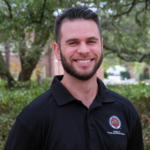
Brett Cross
Doctoral Student
Brett is a doctoral student in the Exercise Physiology program working under the mentorship of Dr. Michael Ormsbee. Brett earned a B.S. degree in Rehabilitation Sciences and a M.S. degree in Sports Medicine from Georgia Southern University – Armstrong, where he conducted clinical and applied research investigating the effects of physical activity, sleep, and supplementation on measures of cardiovascular and autonomic health. After completion of his Ph.D., Brett plans to pursue post-doctoral training and a research career in academia to study the role of exercise and recovery-based indices on health and performance. His research interests include cardioautonomic indices of exercise recovery; cardiopulmonary adaptations to exercise; and performance optimization in athletic populations
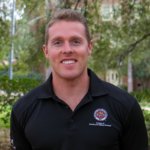
Tim Griest
Doctoral Student
Tim is a doctoral student in Exercise Physiology working under the mentorship of Dr. Michael Ormsbee. He completed his bachelor’s degree in Kinesiology at McDaniel College and his Master’s degree in Exercise Physiology at James Madison University. His research interests include skeletal muscle physiology, sports nutrition and supplementation, and the acute effects and chronic adaptations to resistance training. In his free time, Tim loves to eat and work out, and he is a huge sports fan. During his time at ISSM, Tim has enjoyed the opportunity to work with a variety of populations and collaborate with various labs around campus. After completion of his PhD, Tim plans on pursuing a career in academia.

Liliana Renteria-Laskin
Doctoral Student
Interns

Elizabeth Boyrer
Dietetic Intern

Melissa Gorejena
Exercise Physiology Student Intern
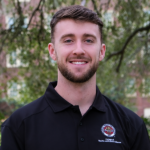
Kieran Paterson
Dietetic Intern
Student Outreach Coordinator for ISSM
Kieran is a master’s student in exercise physiology specializing in sports nutrition. His research focus is nutrient and exercise interventions for elite athletes. Kieran grew up in Auckland, New Zealand, and completed his undergraduate studies at Ashland University in Ohio double-majoring in exercise physiology and dietetics. He was a student-athlete at Ashland University, playing soccer from 2017 to 2021. Kieran has had the opportunity to work on a variety of research projects at the ISSM. These have ranged from the training effects on lipolysis in obese, post-menopausal women to thermoregulation in well-trained cyclists. As student outreach coordinator, Kieran has also led the reboot of ISSM’s community outreach program that offers performance testing, body composition measures and nutrition counselling services to athletes and the general population of the community.
He says, “As a college athlete I saw the importance of nutrition, recovery and different exercise interventions in order to perform at a high level. I was fortunate enough to assist with research projects at my undergraduate institution and saw the opportunity to take it further into graduate schooling. I believe the graduate education and experience, such as my work in the lab, will provide essential skills in my pursuit of helping high performing athletes as a sports dietitian and sports scientist.”
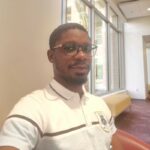
Kofi Yamoah Ponkor
Exercise Physiology Student Intern
Ph.D. Graduates
Shiloah (Fuller) Kviatkvosky (2022)
- Postdoctoral Research Fellow, University of Arkansas for Medical Sciences
- Ph.D. Dissertation: The Impact of Collagen Peptide Supplementation on Pain, Function, and Markers of Bone and Connective Tissue Turnover in Active Adults.
Chester Sokolowski (2022)
- Owner, Science of Sculpture
- Ph.D. Dissertation: The Relationship Among Binge Drinking, Musculoskeletal Health, Physical Performance, and Cognitive Wellness in Young Adult Females.
Tristan Ragland (2021)
- Assistant Professor, Department of Health, Human Performance, and Recreation at Pittsburg State University
- Ph.D. Dissertation: Lipolytic, Hormonal, and Muscle Quality Differences of Female Endurance Athletes with Higher vs. Lower Body Fat.
Brandon Willingham (2021)
- Assistant Professor of Kinesiology, Conway Medical Center College of Health and Human Performance at Coastal Carolina University
- Ph.D. Dissertation: The effects of pre-loaded betaine supplementation on fluid balance and thermoregulation in the heat.
Patrick Saracino (2020)
- Assistant Professor, College of Education, Human Performance, and Health at the University of South Carolina Upstate
- Ph.D. Dissertation: The effect of pre-sleep milk- or plant-based protein combination consumption on muscle recovery and metabolism following damaging eccentric exercise in middle-aged men.
Brittany Allman-Tucker (2018)
- Assistant Professor of Exercise Science, University of Central Arkansas
- Ph.D. Dissertation: Resistance training and the regulation of fat metabolism in obese women.
Lt. Col. Daniel A. “Dan” Baur (2017)
- Assistant Professor of Human Performance and Wellness, Virginia Military Institute
- Ph.D. Dissertation: The effects of modified carbohydrates on adipose tissue lipolysis, metabolism, and insulin in athletes and non-athletes.
Vince Kreipke (2016)
- Owner, Kreipke Research and Consulting
- Ph.D. Dissertation: Effects of STS supplementation and concurrent training on body composition, performance, and health in collegiate-aged men.
Ann Brown (2016)
- Associate Professor of Exercise Science & Health, Department of Movement Sciences, University of Idaho
- Ph.D. Dissertation: The effect of dietary protein consumption on body composition and performance capabilities in female collegiate ballet dancers.
Chris Bach (2016)
- Director of Performance Science, Jacksonville Jaguars
- Ph.D. Dissertation: Effects of cold ambient temperature on substrate metabolism and performance.
Amber Kinsey (2015)
- Assistant Professor, Department of Medicine, Division of Preventive Medicine, University of Alabama at Birmingham
- Ph.D. Dissertation: The effect of nighttime protein intake on fat metabolism in overweight and obese men.
Unraveling the Threads of Human Performance (The Torch Magazine; Fall 2023)
Florida State Discovery Days a Huge Success (October 2023)
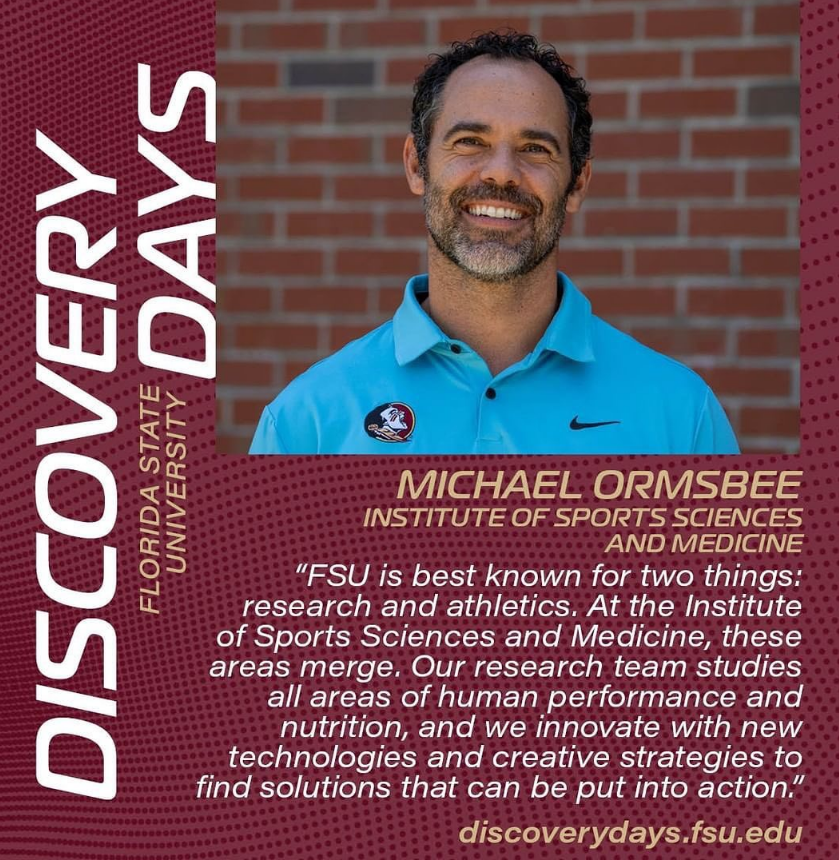
Wearable technology shows promise in early detection of COVID-19 among FSU athletes (September 2023)
Florida State Researchers Given the Best Tools to Succeed (September 2023)
View this profile on Instagram
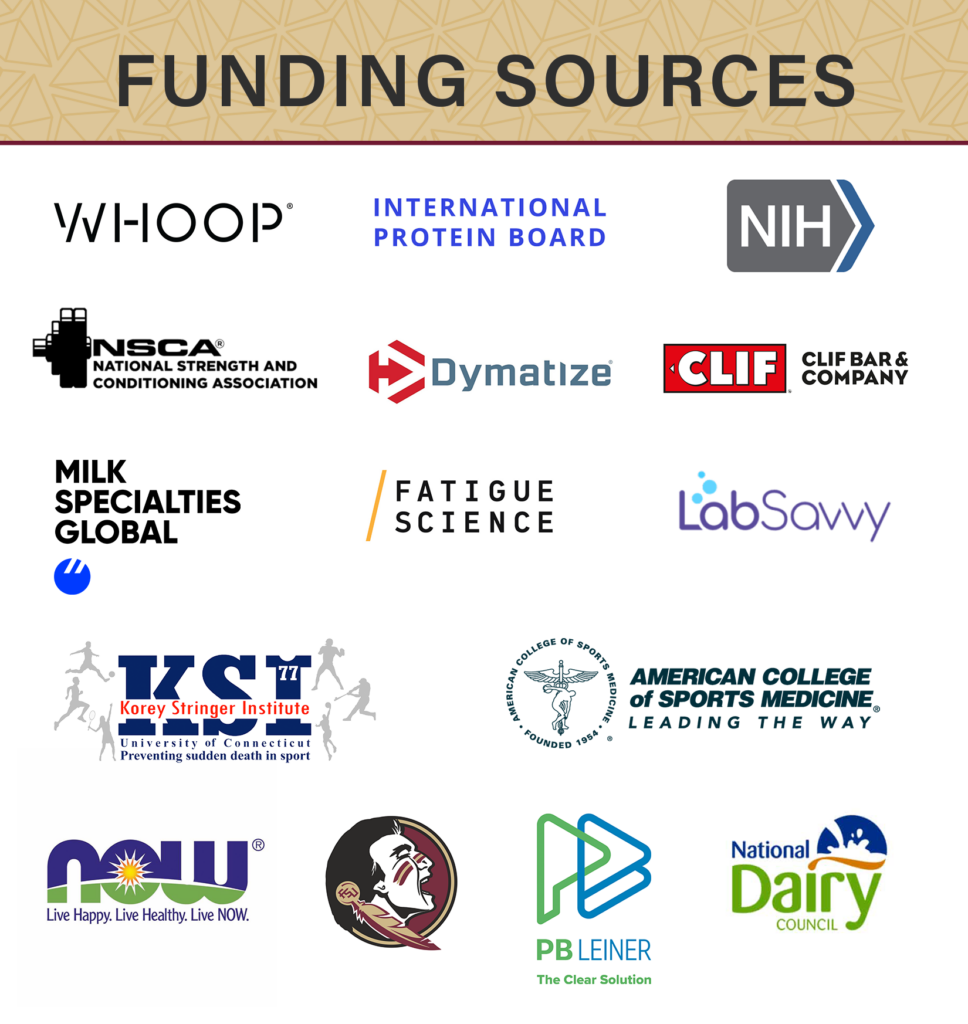
ISSM Lab
We have specific resources to meet the needs of our clients and research.
Our biochemistry laboratory is primarily used for measurement of blood for metabolic and hormonal changes resulting from exercise and/or nutritional interventions. Primary methods of assessment include ELISA (enzyme-linked immunosorbent assay) and microdialysis.
A medical examination room is used for some of our more in-depth methods of assessment. These include blood draws and insertion of microdialysis probes.
ISSM Equipment
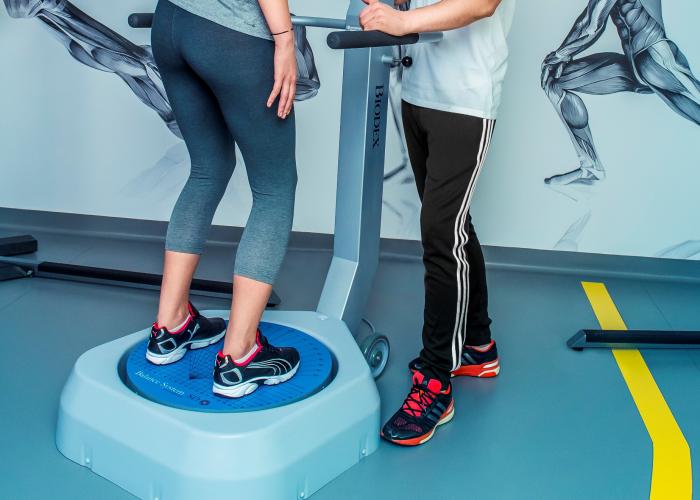
Biodex Balance System
The Biodex Balance System has many applications. It can be used to assess fall risk in the elderly or as rehabilitative tool for patients suffering from neuromuscular diseases such as Parkinson’s. At ISSM, one of our primary uses of this tool is for assessing concussion symptoms and recovery.
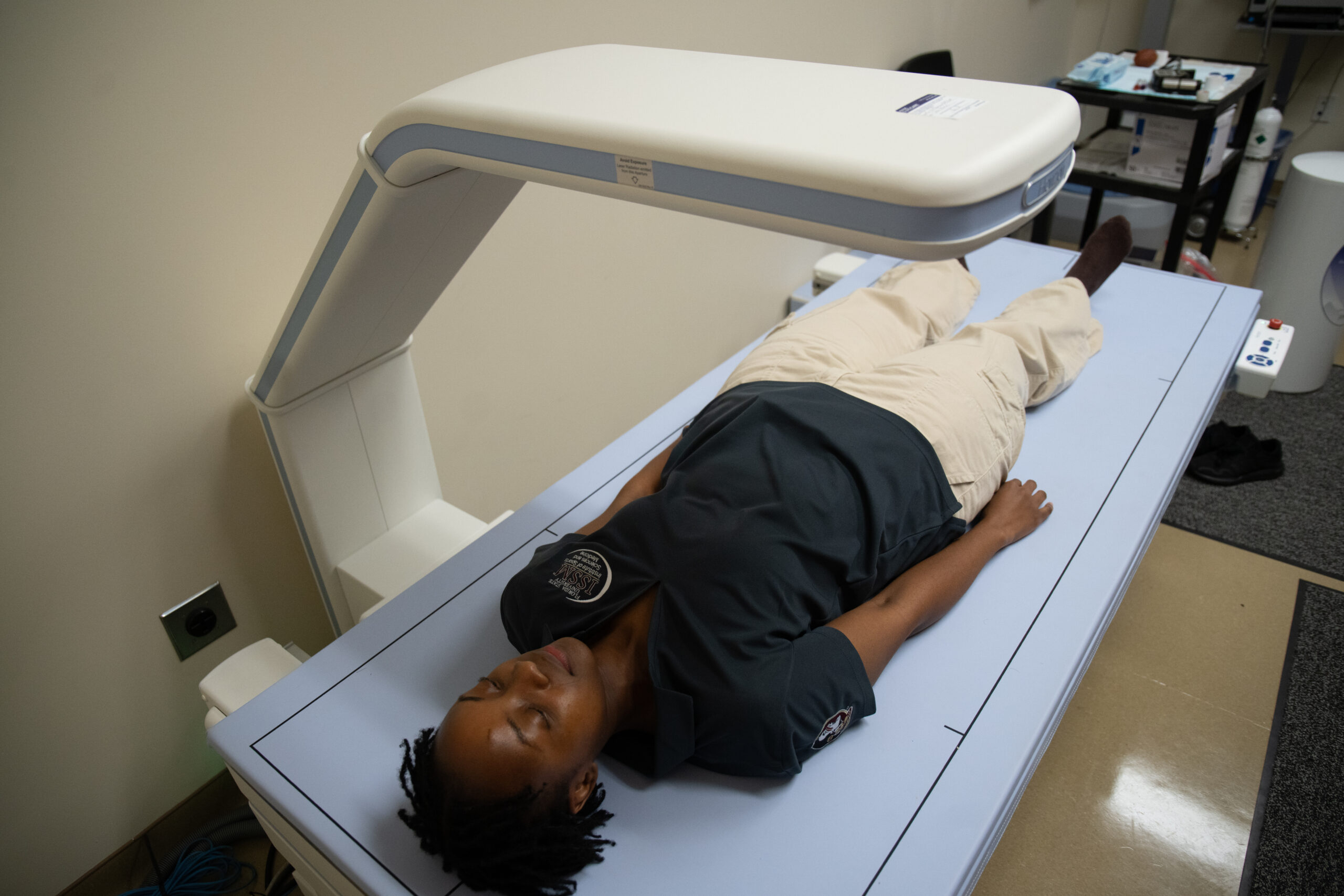
DEXA
The DEXA is at the forefront of much of our research as one of our primary focuses is body composition. It’s an extremely accurate method of assessing body composition. Using X-Ray technology, DEXA gives detailed data on total and regional body composition, as well as bone density. It is unmatched as an assessment tool for body composition as it can examine different regions (or individual body parts) for fat mass, lean mass, and bone density. DEXA can also delineate and measure different kinds of abdominal fat, such as subcutaneous and visceral.
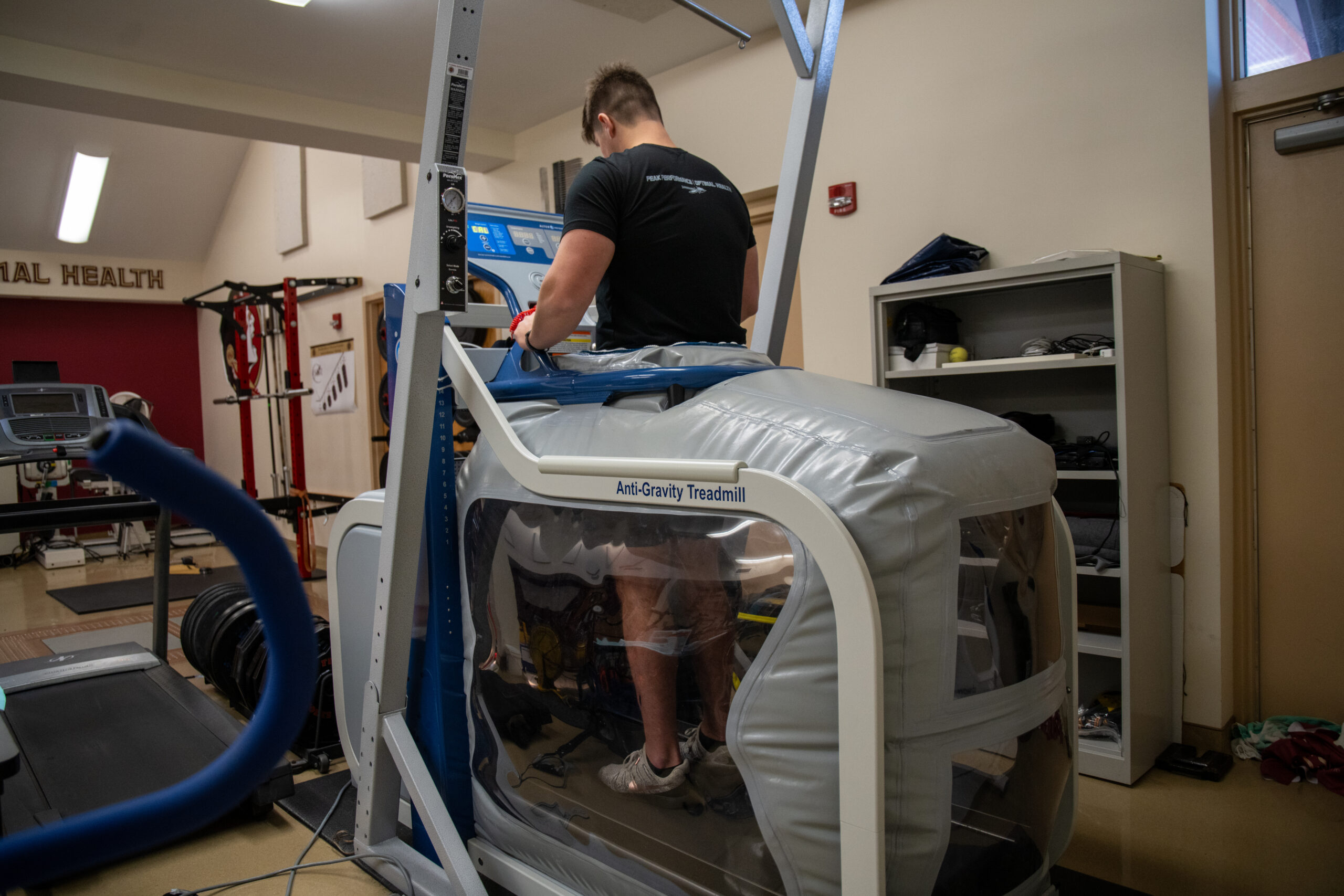
ALTERG Antigravity Treadmill
This treadmill was originally designed as a rehabilitative tool. Its unweighting technology reduces impact force by effectively lessening the runner’s weight, (down to 20% of their actual weight). The AlterG also has applications as a training tool. Runners can run longer and harder on the AlterG with reduced risk of injury. At ISSM, we are currently investigating the potential ways in which the AlterG may enhance running performance.
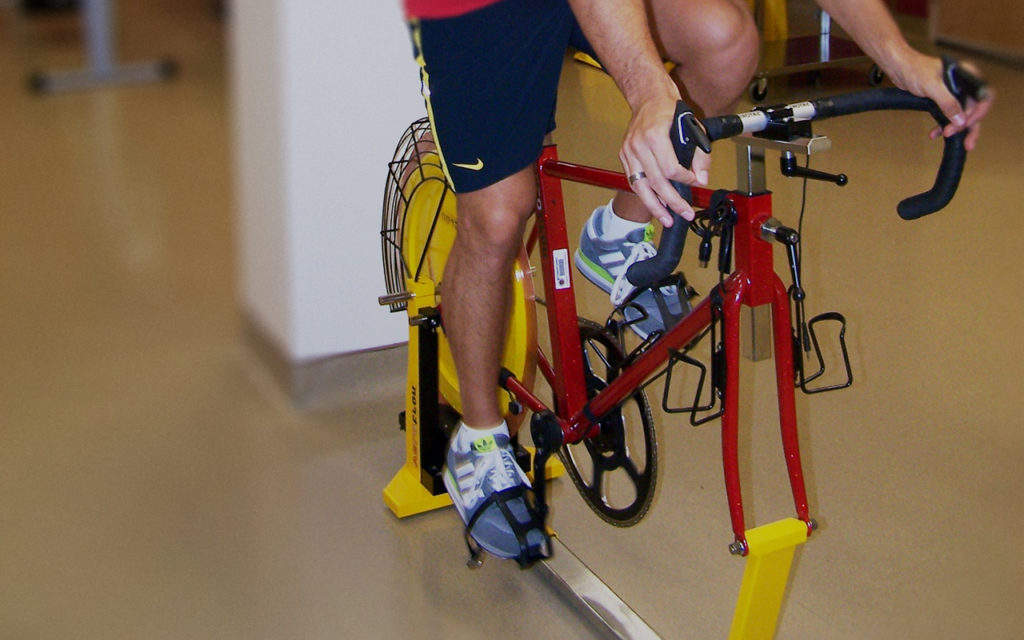
Veletron Cycle Ergonometers
These state-of-the-art bicycles are extremely accurate and reliable tools for the measurement of human performance. The Veletrons feature fully adjustable frames and are capable of generating loads varying from 5 – 2000 watts. Equipped with Racermate’s unique software, riding courses from around the world can be downloaded or designed from scratch by the rider.
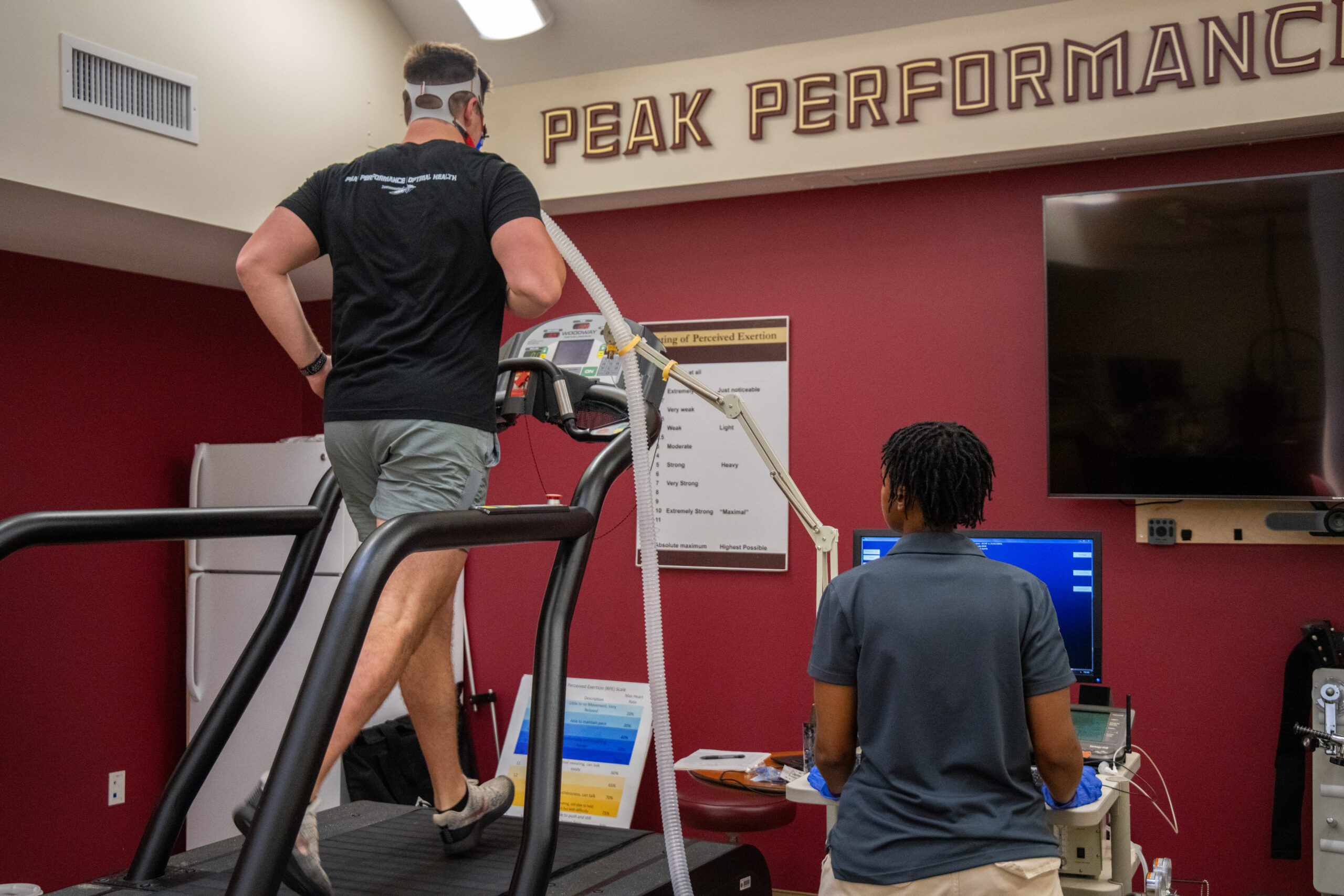
ParvoMedics Metabolic Cart
The metabolic cart is one of the most useful tools in any human performance laboratory. It can be used to measure a variety of parameters including: resting metabolic rate, maximal oxygen uptake (VO2max), and substrate utilization patterns. At ISSM, we use the metabolic cart to analyze the effects of a variety of nutritional interventions on resting and exercise metabolism.
Biodex System 4 Pro
The Biodex is a state-of-the-art dynamometer which can measure a variety of parameters including isometric and isokinetic force and power production. It has long been used as a rehabilitative tool. At ISSM, we use the Biodex mostly to measure changes in strength and power (as a result of training and/or nutritional interventions)
Dartfish Movement Analysis Software
This software allows for analysis of step-by-step movements, different movement angles, speed, and trajectory. It is also useful as a tool for demonstrating key movement techniques for athletics.
Delsys Trigno Wireless EMG System
This system comes with wireless sensors that can attach to the body. Each EMG sensor relays biofeedback about muscle activation and relaxation to the analysis software immediately and synchronously.
Tendo Weightlifting Analyzer
The objective is to analyze weightlifting records’ average velocity, acceleration, peak velocity, power output, and force produced for any barbell-based lift. These recordings can also provide insight on the experience level of a lifter and can remember up to 500 repetitions.
Watt Bike
The Watt Bike utilizes both magnetic and air braking resulting in a riding experience which closely matches the feel of the road. It is also fully adjustable allowing for the attainment of optimal riding position. Watt Bike software allows for the collection and display of a variety of data points including cadence, power output, heart rate, torque, and speed.
Monark Bicycle Ergometers
ISSM houses two Monark cycle ergometers. These are typically used for Wingate testing of maximal power development.
Woodway Treadmill
This impressive treadmill can incline to 20% and decline to -5%. It boasts a top speed of 25 mph. This is one of our most utilized pieces of equipment as it used for a variety of testing protocols such as VO2max and lactate threshold.
AMTI Force Plates
We use these force plates to measure ground reaction forces, balance, gait, and other biomechanical parameters related health and performance.
Concept2 Rowing Ergometer
The Concept2 is a reliable and accurate tool for the measurement of power production and human performance, particularly in non-cyclists or runners. It provides a multitude of data points including cadence, power output, speed, and distance.
Get in Touch
| 1104 Spirit Way, Suite 140, Tallahassee, FL 32306-1493 | |
| 850.645.1016 | |
| issm@fsu.edu | |

